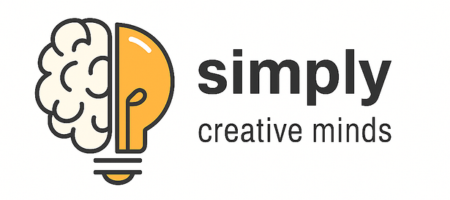AI in Healthcare: Diagnosing Disease Faster Than Doctors?
In 2025, artificial intelligence (AI) is no longer just a buzzword in healthcare—it’s a clinical reality. From diagnosing diseases with superhuman accuracy to helping surgeons navigate complex procedures, AI is transforming every corner of medicine. But as these tools become more powerful, questions about ethics, privacy, and regulation are more urgent than ever.
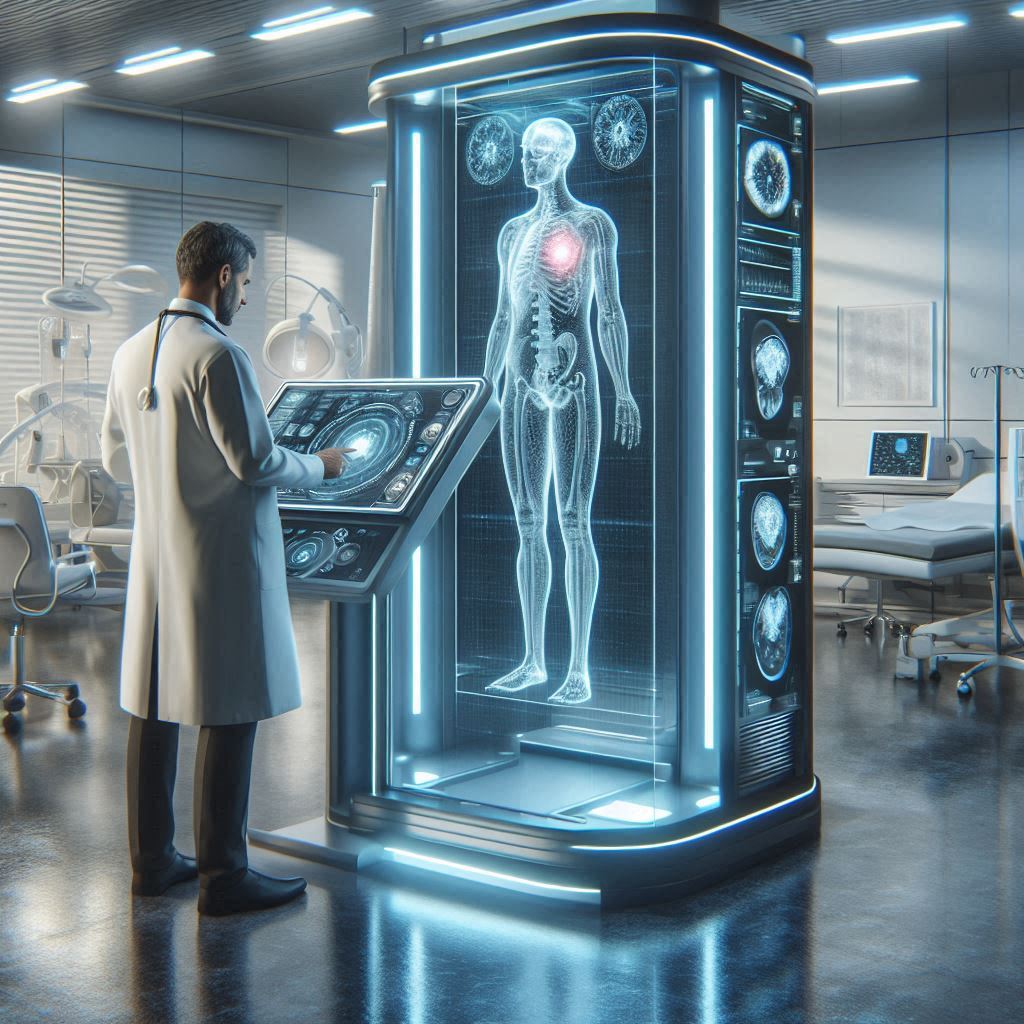
🔍 AI Diagnosing Diseases: The Game Changer
AI-powered tools, especially those using machine learning and deep learning, are now capable of detecting diseases like:
- Cancer: AI can analyze imaging scans (MRI, CT, X-rays) with accuracy rates rivalling top radiologists. Tools like Google’s LYNA (Lymph Node Assistant) now detect breast cancer metastasis with over 99% sensitivity.
- Heart Disease: Algorithms predict cardiac events by analyzing ECGs and wearable data, often spotting problems days or weeks before human doctors.
- Diabetic Retinopathy: AI is being used in rural clinics to screen patients quickly, cutting down blindness risks through early detection.
⚙️ AI in Surgery and Clinical Workflows
In operating rooms, AI tools assist with:
- Robotic surgery: Systems like da Vinci now incorporate AI to learn from each procedure, improving precision.
- Real-time decision support: AI suggests optimal surgical paths, dosage adjustments, or even warns of complications during operations.
- Administrative automation: Virtual scribes using natural language processing reduce doctor burnout by handling medical documentation.
🧠 What’s New in 2025?
Key developments this year include:
- Generative AI in diagnostics: AI tools like ChatGPT-powered medical assistants are integrated into hospital systems, helping triage patients or summarize complex case histories.
- Multimodal AI: Systems analyze combined data from genetics, medical imaging, and wearable devices to give more accurate, holistic diagnoses.
- Federated learning: Allows hospitals to train AI on decentralized patient data, improving accuracy while keeping patient information private.
⚖️ Ethics and Regulation: The Catch-Up Game
AI’s medical breakthroughs come with big questions:
- Bias in algorithms: AI trained on non-representative data can lead to misdiagnosis in minority populations.
- Explainability: Doctors and patients want to know why an AI made a certain diagnosis—black-box models are under scrutiny.
- Regulatory oversight: Agencies like the FDA and EMA are pushing for transparent clinical trials and real-world evidence before approving AI tools.
In 2025, countries like the U.S., EU, and India are rolling out new AI-in-healthcare guidelines, mandating clear audit trails, safety validations, and ethical reviews.
👥 The Human-AI Collaboration
Despite AI’s speed and accuracy, it isn’t replacing doctors—it’s augmenting them. Physicians now rely on AI as a “second opinion,” speeding up workflow and reducing error, especially in overburdened health systems.
Patients, meanwhile, benefit from faster diagnoses, personalized treatment plans, and 24/7 access to virtual health assistants.
A New Era of Medicine
AI in healthcare has matured significantly in 2025. It’s faster, smarter, and more reliable—but not infallible. The future lies not in replacing human doctors, but in collaboration, where machines handle data and pattern recognition, and humans bring empathy, intuition, and ethics.
As technology advances, the goal is clear: better outcomes for patients—everywhere.
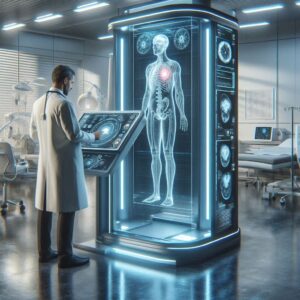
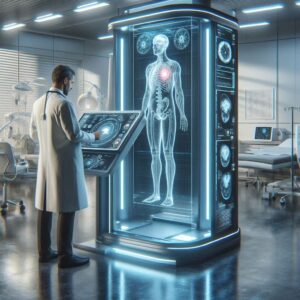
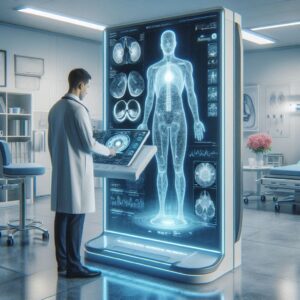
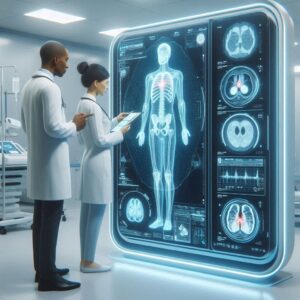
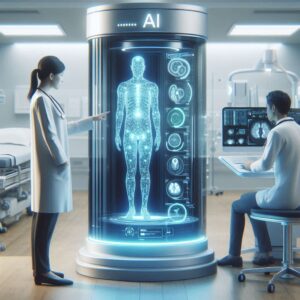
The Ultimate 7-Day Kullu-Manali Itinerary for First-Time Visitors
Introduction Planning…
🥗 Quinoa & Rainbow Veggie Salad with Lemon-Tahini Dressing
✅ Vegan…
Dagshai – The Forgotten Cantonment Town of Solan
Introduction Tucked…
Lakshmi Narayan Temple — Chamba’s Spiritual and Architectural Marvel
Introduction In…
Traditional Himachali Cuisine You Must Try in Kullu-Manali
Introduction When…
Dharamshala – Where Mountains Meet Monks
Introduction Tucked…
